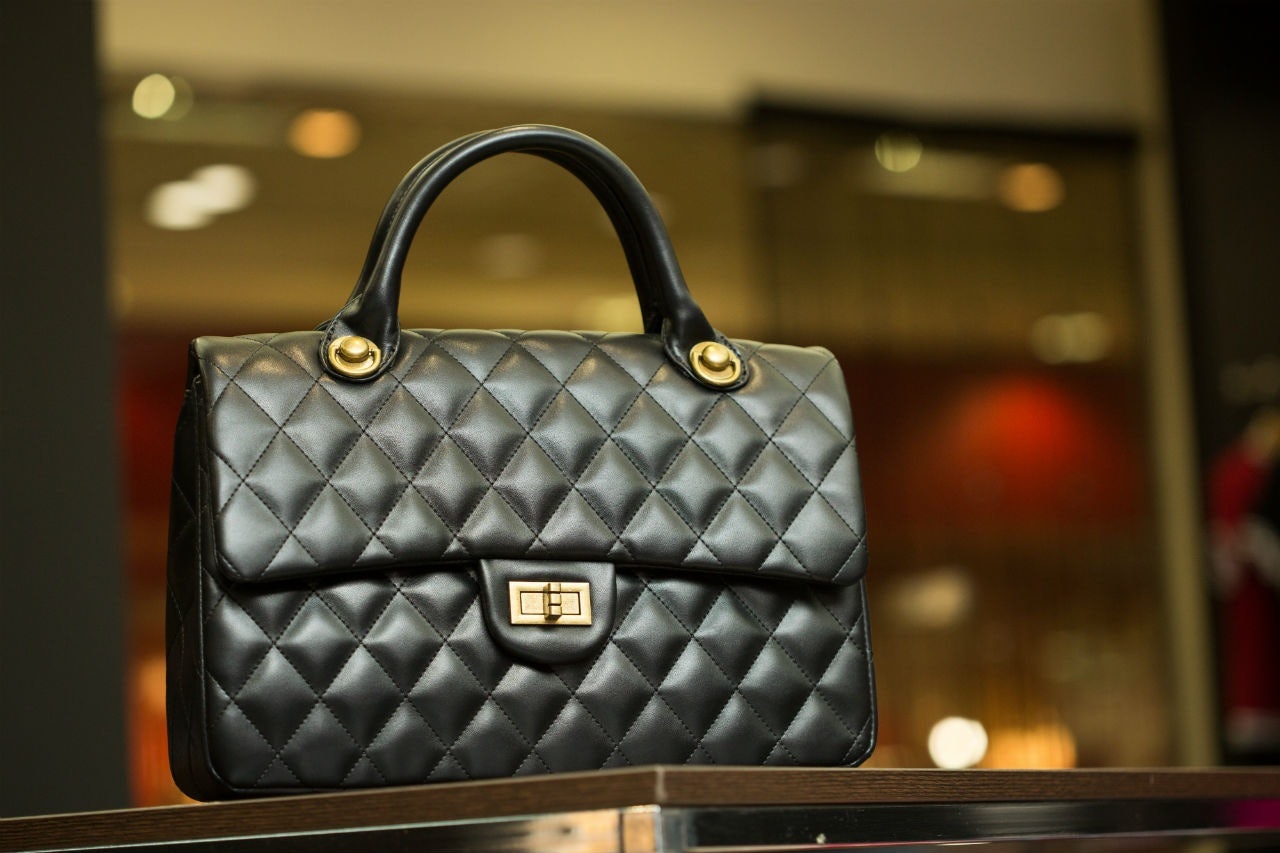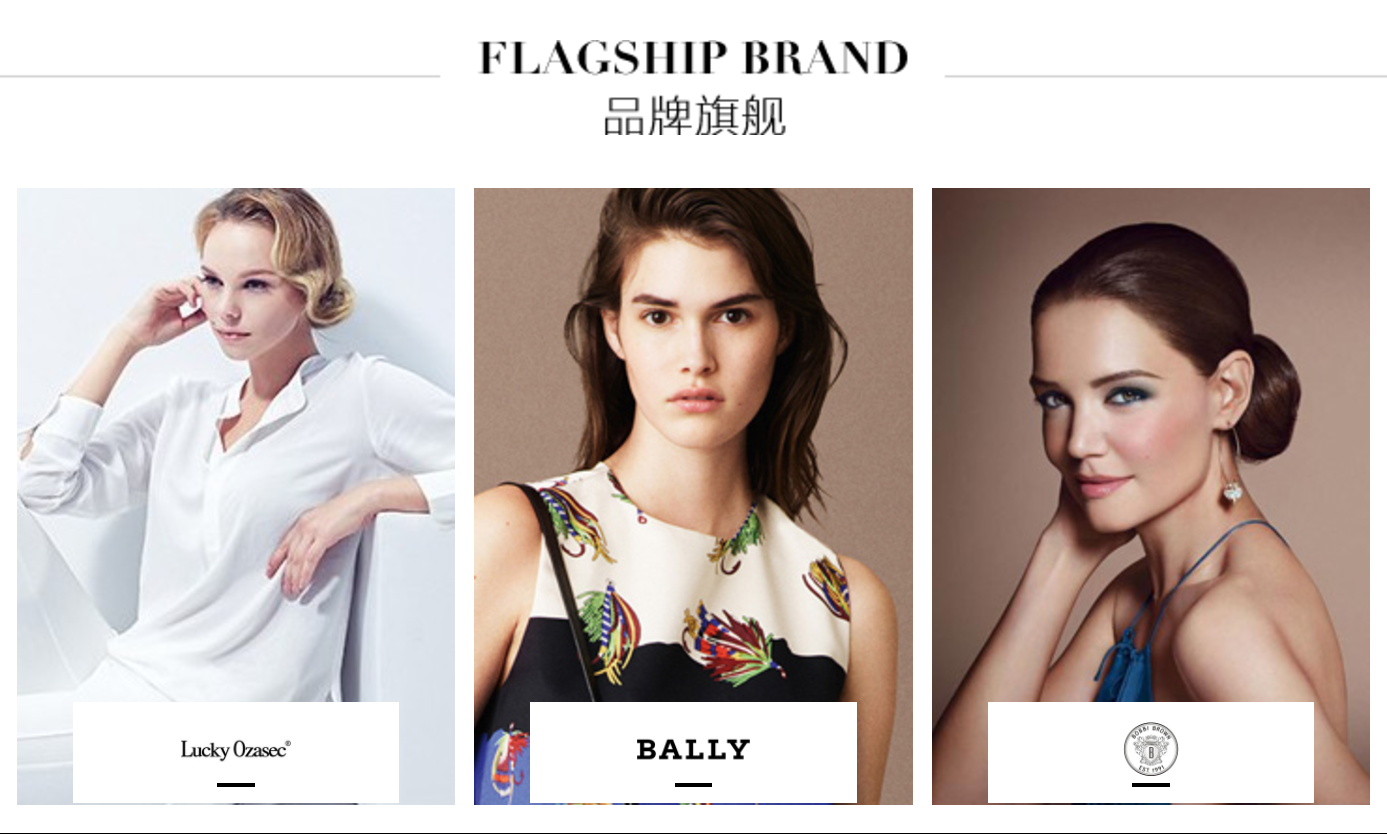Alibaba Group Holding, China’s e-commerce giant and the number one company in Asia, is fueling China’s 467 million and growing number of online shoppers. Its impact on the digital sphere is now starting to spread in the luxury auction sector, according to a recently released report from the company.
Alibaba vice president Sun Jungong estimated at Alibaba’s first online auction summit last month that online auctions will make up 30 percent of China’s e-commerce industry in the next five years. According to a report issued by the China Association of Auctioneers and Department of Circulation Industry Development at the Ministry of Commerce, the sector, which comprises not only Taobao, but platforms on JD.com and others, swelled by more than 50 percent from 2015 to 2016.
Most of the auction action is coming from China’s post-80s generation, those between 26 and 35 years old, who are among those buying everything from jewelry and luxury goods, to real estate, yachts, cars, wine, and even stakes in companies. Compared to auctions in the physical space, online platforms give millennials the convenience of easy access to more “novel” products.
Auctions also offer more aspirational young consumers the appeal of a deal. One of Alibaba’s main auction platforms is Xianyu, a Taobao app that the company transitioned from being solely an “online flea market” selling used goods in 2014, into an auction space where shoppers can bid on secondhand designer clothing and bags. These types of personal luxury goods are the most popular items sold through Alibaba, according to its company report, but they’re not always the one-of-a-kind pieces, such as the record-breaking “Himalaya” crocodile skin Hermès Birkin bag, sold at major auction houses. In some cases, they’re simply off-season products that bidders are hoping to nab at more affordable price-points.
Recognizing Xianyu’s burgeoning online community, Alibaba has invested resources into ensuring customers that its used luxury goods on Xianyu are real. Last year, Xianyu launched a partnership with the China Certification & Inspection Group luxury identification center to help prevent sellers from auctioning off counterfeit products.
Online auctions in China are dominated by bidders in Beijing and Shanghai, with Hangzhou, Guangzhou and Shenzhen following close behind.
Alibabas's report also noted that the majority of bidders are millennial males. In Beijing, more than 60 percent of the bidders are male, and the portion is even higher in Shanghai. However, the statistic may not be so surprising considering this: while in China’s e-commerce sector overall, women are buying the most products, men are more likely to spend more on items to treat themselves.


